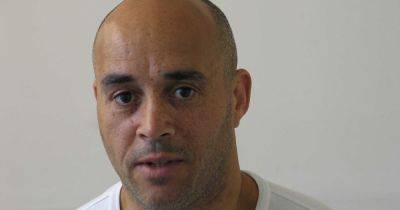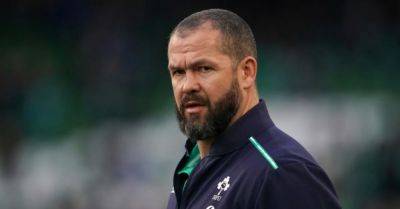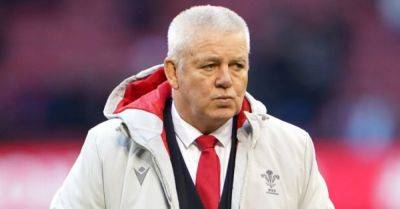How will the EU achieve its 'derisking' policy and reduce dependency on China?
Last March, in a speech at the Mercator Institute for China Studies, the President of the European Commission, Ursula von der Leyen, announced the European bloc's intention to decrease economic dependence on China. Von der Leyen used the term "de-risking", which indicates the need to reduce the risks associated with excessive dependence on Beijing.
China currently supplies 98-100 per cent of Europe's heavy rare earth element needs, Turkey supplies 98 per cent of its boron needs, and South Africa, 71 per cent of its platinum needs.
But how will the European Union implement de-risking strategies when it relies on imports from China that are essential to building low-emission technologies for a greener future?
John Seaman from the French Institute of International Relations explained that the transition to a net zero society has made Europe increasingly dependent on China, as it needs more batteries for electric cars, solar panels and other renewable energy components.
"The question now is, how do you mitigate the risks relative to those dependencies? And how do you negotiate with China to ensure China doesn’t leverage its resources to the detriment of Europe's own interests?" asked Seaman.
The EU put forward the European Critical Raw Materials Act in March 2023, and the Council of Europe later adopted its position on the proposal in June.
As part of a wider strategy, the EU is looking to diversify its supply chains in the digital, green and health industries, make better use of existing trade rules, defend critical sectors and increase trade with other countries.
Emilie Jolivet, who works for the Yole Group, a consulting firm with its headquarters in Lyon, southeast France, thinks so: "Many of our clients are actually looking








